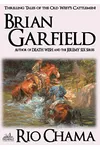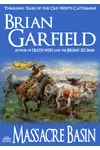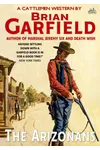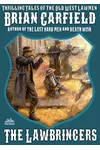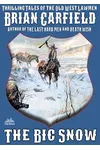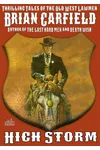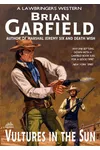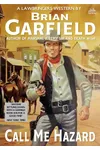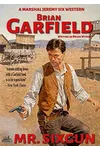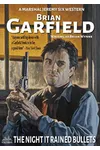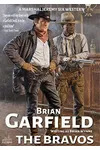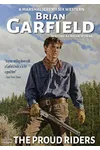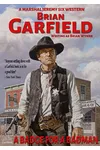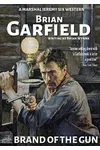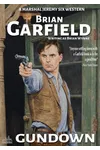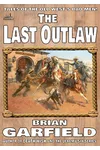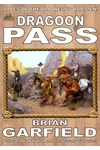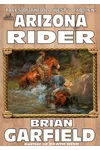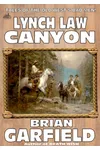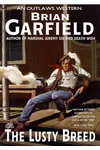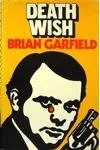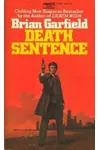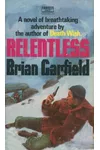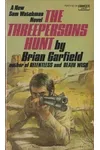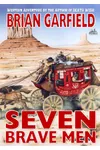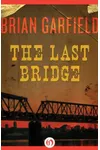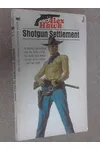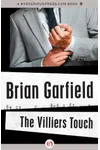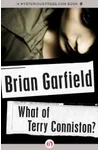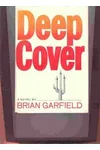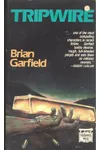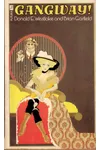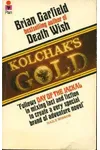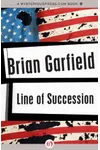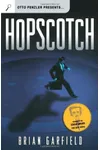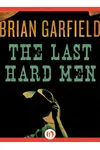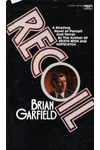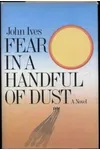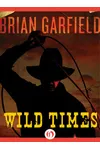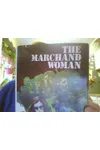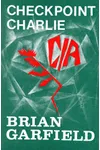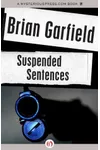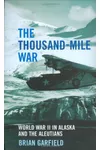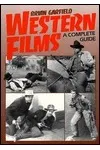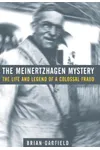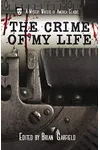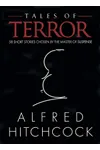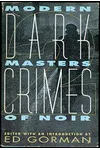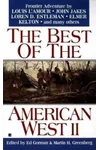Picture an American storyteller who spun tales of vigilante justice, espionage, and Western grit, captivating millions with his words—meet Brian Garfield! Born in New York City in 1939, Garfield was a literary chameleon, penning over seventy books across genres, from thrillers to historical nonfiction, with nineteen adapted into films. His 1972 novel Death Wish sparked a cultural phenomenon, while his Edgar Award-winning Hopscotch showcased his knack for clever suspense. A Pulitzer Prize finalist, Garfield’s legacy as a versatile storyteller endures, blending raw emotion with page-turning plots.
The Making of Brian Garfield
Brian Francis Wynne Garfield grew up in Arizona, influenced by his mother, Frances O'Brien, a portrait artist and friend of Georgia O'Keeffe, who instilled a love for creativity. A guitarist in the 1950s, he toured with the Palisades band before serving in the U.S. Army Reserves. Garfield’s writing career kicked off early—he published his first novel, Range Justice, at eighteen while studying at the University of Arizona, later earning a master’s in English. His Southwestern roots and diverse experiences shaped his genre-spanning storytelling.
Brian Garfield’s Unforgettable Stories
Garfield’s bibliography is a treasure trove of suspense, Westerns, and historical works. Death Wish (1972) remains his most iconic, a gritty tale of a man turned vigilante after personal tragedy, inspiring a Charles Bronson-led film franchise and a 2018 Bruce Willis remake. Its sequel, Death Sentence (1975), explored the psychological toll of vengeance, though its 2007 film adaptation diverged significantly. Hopscotch (1975), a witty espionage novel, won the Edgar Award and became a film Garfield co-produced, starring Walter Matthau. His nonfiction gem, The Thousand-Mile War (1969), a Pulitzer finalist, vividly chronicled World War II’s Aleutian campaign. Garfield’s style—taut, character-driven, and unpredictable—kept readers hooked, blending moral complexity with thrilling narratives.
Garfield’s versatility shone in Westerns like Manifest Destiny, a biographical novel about young Theodore Roosevelt, and Western Films: A Complete Guide, a critical encyclopedia of the genre. His ability to shift from hard-boiled crime to historical depth made him a standout, though he famously resisted being typecast, saying, “If the writer ever gets bored, Heaven help the reader.”
Why Brian Garfield Matters
Garfield’s impact transcends his prolific output. Death Wish ignited debates on vigilantism, influencing pop culture and inspiring authors like John Grisham, who credited Garfield’s “Ten Rules for Suspense Fiction” for shaping his thrillers. His leadership as president of both the Mystery Writers of America and Western Writers of America cemented his authority in genre fiction. Garfield’s later work, like the 2007 biography The Meinertzhagen Mystery, revealed his knack for uncovering hidden truths, debunking a British hero’s fraudulent legend. His stories, blending entertainment with introspection, continue to resonate with readers and filmmakers.
- Born: January 26, 1939, New York City
- Key Works: Death Wish, Hopscotch, The Thousand-Mile War
- Awards: Edgar Award (1976), Pulitzer Prize finalist (1970)
- Died: December 29, 2018, Pasadena, California
Ready to dive into a world of suspense and adventure? Grab Hopscotch or Death Wish and discover Brian Garfield’s thrilling legacy!

